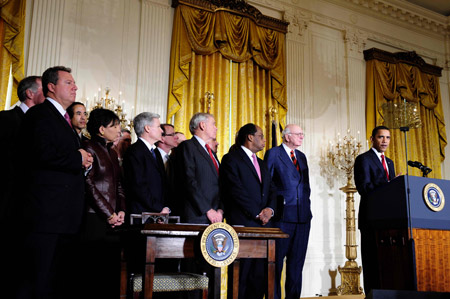Unveiling the IMF African Loan Trap: Understanding Its Implications for Economic Development
Guide or Summary:Introduction to the IMF African Loan TrapThe Nature of IMF LoansConsequences of the Loan TrapAlternatives to the IMF Loan TrapConclusion: B……
Guide or Summary:
- Introduction to the IMF African Loan Trap
- The Nature of IMF Loans
- Consequences of the Loan Trap
- Alternatives to the IMF Loan Trap
- Conclusion: Breaking Free from the IMF African Loan Trap
Introduction to the IMF African Loan Trap
The term "IMF African Loan Trap" has become increasingly relevant in discussions surrounding economic development in Africa. This phrase encapsulates the complex relationship between African nations and the International Monetary Fund (IMF), particularly regarding the loans and financial assistance provided to these countries. Understanding the implications of this loan trap is crucial for policymakers, economists, and citizens alike as it affects the continent's growth trajectory and financial independence.
The Nature of IMF Loans
IMF loans are often presented as lifelines for countries facing economic crises. These loans come with conditions, typically requiring nations to implement specific economic policies aimed at stabilizing their economies. While the intention behind such measures is to foster economic recovery, critics argue that these conditions can lead to a cycle of dependency, ultimately trapping countries in a web of debt. The "IMF African Loan Trap" highlights this precarious situation, where nations may find themselves borrowing repeatedly to meet their financial obligations, thus hindering long-term development.

Consequences of the Loan Trap
The consequences of the IMF African Loan Trap are multifaceted. First, the stringent conditions tied to the loans often lead to austerity measures that can exacerbate poverty and inequality. These measures may include cuts to social services, which disproportionately affect the most vulnerable populations. As a result, while governments may stabilize their finances in the short term, the long-term social impact can be devastating.
Moreover, the reliance on IMF loans can stifle local economic initiatives. When countries prioritize meeting the conditions of these loans, they may neglect investments in critical sectors such as education, healthcare, and infrastructure. This neglect can hinder sustainable economic growth and development, perpetuating a cycle of dependency on external financial assistance.
Alternatives to the IMF Loan Trap
Recognizing the challenges posed by the IMF African Loan Trap, many African nations are exploring alternative financing options. Regional financial institutions, such as the African Development Bank (AfDB), offer more flexible terms and conditions that are better suited to the unique needs of African economies. Additionally, countries are increasingly looking to bilateral agreements with other nations, as well as tapping into domestic resources to fund development projects.

Furthermore, fostering a culture of entrepreneurship and innovation can help reduce dependency on external loans. By investing in local businesses and enhancing skills development, countries can create a more resilient economy that is less susceptible to external shocks.
Conclusion: Breaking Free from the IMF African Loan Trap
The IMF African Loan Trap presents a significant challenge to the economic development of the continent. While IMF loans can provide immediate relief, the long-term implications of these financial arrangements must be carefully considered. By exploring alternative financing options and prioritizing sustainable development initiatives, African nations can work towards breaking free from the cycle of dependency and building a more prosperous future. Understanding the dynamics of the IMF African Loan Trap is essential for driving meaningful change and fostering economic independence across the continent.
In summary, the conversation around the IMF African Loan Trap is crucial for understanding the broader implications of international financial assistance in Africa. By engaging with this topic, stakeholders can better navigate the complexities of economic development and work towards solutions that empower African nations rather than ensnaring them in cycles of debt.
